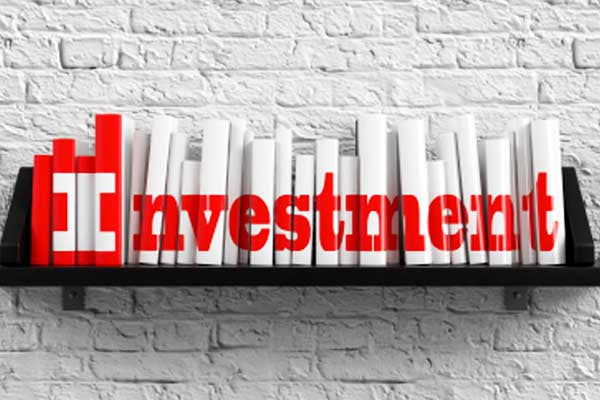Frequently Asked Questions about Cookbook Collecting and Investing

The following is a Cookbook Village article that addresses some frequently asked questions about cookbook collecting and investing. Cookbook collectors are like any other kind of collector--they collect for the thrill of the hunt, the feeling of achievement in terms of building their collection, and lastly as an investment to perhaps pass on to their grandchildren, children, or other family members. Many of the questions have been covered in different areas of our blog. This article brings some of them together to for an useful reference.
1) Is my vintage cookbook worth less if the dust jacket is missing?
This truly depends on the cookbook. Some vintage cookbooks are more recognized without their covers. Larousse Gastronomique, Julia Child's Mastering the Art of French Cooking, vintage Good Housekeeping editions, and McCall's Cookbook are rarely found with a good condition jacket. These books date to the 60s (or earlier) and were also in many cases, a cookbook used daily in the household. In fact, against reason, we have seen the Julia Child's famed cookbook sell for far more without its jacket. A good copy with the jacket in tact is technically more valuable, but it seems recognition plays heavily into value. Generally when the book has no cover art whatsoever on the cloth, its value goes down. When there is some art and the book can be recognized from it look-and-feel, it all depends on how the book is perceived in the market.
2) How does the edition of my cookbook play into its value?
Generally, first editions have a higher value than later editions. This is usually only true of vintage cookbooks or sought after collectibles. For contemporary and newer cookbooks, the edition won't make much of an impact on value. Cookbooks are a lot like cars -- they loose value quickly after the initial trend wears off and then regain value after considered vintage or scarce. For earlier cookbooks from the 1930s-1970s, the first edition and first printing (if printed during several different years) is worth more. When a book is somewhat scarce, the edition may not have as much of an impact on value. Book Club Editions tend to have a substantially lower value than first editions and subsequent editions. In the case of a book like Julia Child's Mastering the Art of French Cooking (the first volume), the Book Club Edition (our copy may be sold out, but it includes photos so you can see if you have this special Book Club Edition of the book) has almost as much value as a first edition as it is a special printing of the book and sells for a good deal more than many of the later editions. The American Woman's Cookbook is another example of a book where the various types of bindings and editions makes a big impact on value.
3) How much are my vintage cookbooks worth?
We have an article about figuring out how much your cookbooks are worth that gives quite a bit of information to help you value your collection. In generally, most vintage cookbooks do not exceed the $100 mark. Some antique cookbooks may surpass that. Celebrity signed cookbooks can realize higher selling prices, but again, most are under $100 (except the coveted Johnny Mathis or a signed Julia Child first edition.
4) What are the most collectible categories of cookbooks?
The cookbooks that make the best collectibles or investment items are vintage cookbooks from the World War II period; autographed cookbooks (especially celebrity); vintage Betty Crocker, Good Housekeeping, and Better Homes and Gardens cookbooks; church and temple cookbooks, vintage international, community and Junior League cookbooks; antique cookbooks. Shown here at right is a chart showing the categories ranked by their popularity with our customers (see full article on this chart). Many other categories contain some popular collectibles, the above are just some of the more popular categories for collectors.
5) I want to sell my collection. Where can I sell it?
Though Cookbook Village doesn't buy-in cookbooks or collections, we can help point you in the right direction. Our first recommendation is eBay. In general, is a better choice for collectibles than Amazon or other sites. You will earn closer to the book's market value posting it there. Amazon is a viable option, and is a good one if you have time and patience. From our experience, eBay is a smarter choice for selling cookbook collectibles and can be more immediate. You can sell your entire collection as one lot/set and sell it with little effort. eBay has an easy listing program and you can snap a photo of your collection with your mobile phone's camera. Prepare a list in advance of the books you want to sell, the title of each, author, publisher, dates, condition of the book, and brief description. You will need to figure out your shipping method in advance of listing and the total weight of each cookbook or total collection should you opt to sell the collection as a lot (we recommend USPS Media Mail for books). If you aren't comfortable posting to marketplace sites as a seller, find a local eBay consignment store that will sell the collection there for you. They will generally take a listing fee, plus commission on the sales they make on your behalf. see our cookbook collecting blog.
